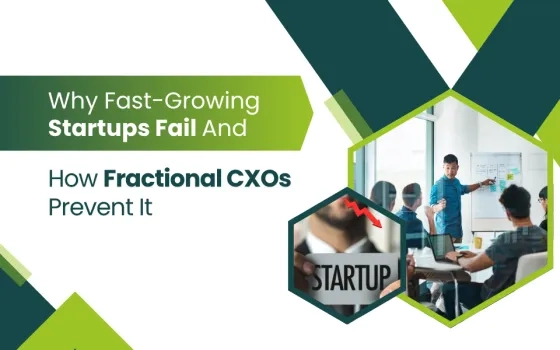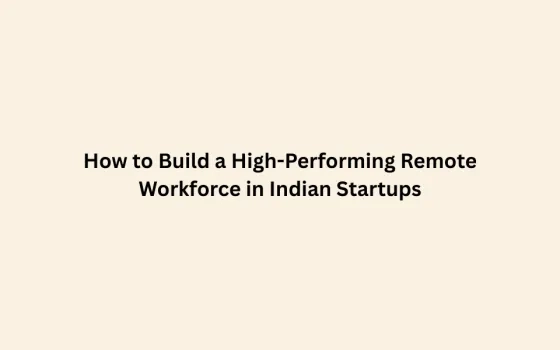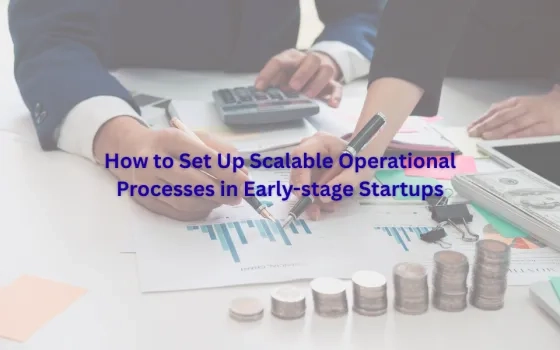Every exporter of goods or software has to give declaration in one of the forms SOFTEX / Bulk SOFTEX. Under the revised procedure (RBI/2013-14/254 A.P. (DIR Series) Circular No.43 Dated 13th September,2013), the exporters will have to declare all the export transactions, including those less than US$ 25000, in the form as applicable.
Relevant notifications are as follows:
RBI/2013-14/254 A.P. (DIR Series) Circular No.43, Sept 13, 2013: http://rbi.org.in/Scripts/NotificationUser.aspx?Mode=0&Id=8411
RBI/2011/12/400, A.P. (DIR Series) Circular No. 80, Feb 15, 2012: http://rbi.org.in/Scripts/NotificationUser.aspx?Mode=0&Id=7009
Apprehensions that may arise due to the RBI NOTIFICATION are being stated and possible resolutions are provided courtesy BMR.
1.Most of the companies are exporting and raising invoices as low as 100 Dollars and /or have over 100 transactions per month. It will be a herculean task for them to file a form with each invoice.
BMR comments – A common SOFTEX monthly form can be filed for all invoices raised in a month. SOFTEX Form is required to be filed within 30 days of the last of the invoices in the month. Therefore, there is no need to file SOFTEX Form with every invoice, monthly SOFTEX is enough, within 30 days of last invoice in the month.
As per the September 2013 RBI Circular (Circular No 43 dated Sep 13, 2013), the SOFTEX Forms are no more manually allotted by RBI. It is an online allotment process. Therefore, this does away with the manual process for allotment of SOFTEX numbers. The numbers are allotted as per an online request procedure, which is not per se cumbersome. This applies to every exporter (this is as per the RBI circular of Sep 13, 2013). The online allotment process for SOFTEX numbers was therefore a welcomed change.
SOFTEX Bulk filing relaxations
Further, as per the bulk filing relaxations (RBI Circular 30 dated Feb 15, 2012), which applies to an exporter exporting > Rs 1,000 crores in a year OR who files > 600 SOFTEX Forms in a year, following relaxations apply –
-”Monthly Soft copy filing of excel summary sheet (prescribed format) giving details of exports, invoice number wise, SOFTEX number wise along with an Annexure with other details
-”Hard copy filing with a cover letter along with above summary sheet and annexures (in quadruplicate). There is no specific requirement to file the SOFTEX Forms, MSA, Contract, invoice copies, etc along with the above filings
-”STPI may do a sample audit and only if STPI calls upon exporter to furnish the above documents, the same has to be furnished to the STPI
-”Based on soft copy/hard copy filings of the summary sheets, STPI directly sends the data to RBI and the AD Bank as indicated by the exporter (bulk exporter is not required to furnish the certified SOFTEX Form to AD Bank in 21 days)
-”Exporter is required to furnish a quarterly statement of collections, invoice wise SOFTEX wise. AD Bank matches this data with the data provided by STPI as above and monitors the export collections
2. Many of the companies are relatively small and will not have the desired infrastructure to handle such compliance.
BMR comments – For non-bulk exporters, SOFTEX Form is monthly (one Form for all invoices in a month and filing time of 30 days from date of last invoice in the month) and not one for each invoice. Therefore, at the most 12 SOFTEX filings may be involved in a year for each STP unit. The understanding that SOFTEX is required for each invoice is incorrect.
Also, as per the Feb 2012 RBI Circular, STPI was to computerize the process of SOFTEX submission, thus avoiding the need for manual (triplicate) filings. Therefore, while there is an intent to provide for computerized filing, it appears that this has not yet been activated by STPI.
Therefore, in line with the 2012 RBI Circular, STPI/SEZ authorities could be requested to speed up the facility for computerization of the SOFTEX filings.
3. It is also a procedural nightmare and one person has to be stationed at STPI on a 365 day basis. Will STPI also have the bandwidth to handle all the paperwork and certification?
BMR comments – Handling 12 SOFTEX Forms in a year for each STP Unit may not be substantial load vis-à-vis each STP unit. With the computerization of SOFTEX filings, this also should be eased out. As mentioned above for bulk exporters, there is already a facility for online filing and quarterly reporting to AD banks (as against the 21 days reporting)
4. Payments are being received for exports through bank as well as credit card by majority of the companies. However, there will be a major issue of compliance if payments are received through credit card.
BMR comments – Payment through international credit card of the buyer is a permitted form of payment as per FEM (Manner of Receipt and Payment) Regulations, 2000, provided it is routed through the AD bank of the exporter. This should not therefore be a compliance issue where it is routed through the AD bank of the exporter.
5. Getting the duplicate approved from RBI is again going to be a procedural nightmare.
BMR comments – The Duplicate SOFTEX copy is to be submitted to the AD bank; therefore, prima facie, there is no need for RBI approval. As per the time allowed for realization (ie, 9 months), exporter has to report the realisation to the AD bank with reference to the duplicate copy submitted. AD Bank then reports the realisations to RBI as part of its R-returns reporting system, which the exporter is typically not involved in.
Therefore, role of the exporter (other than bulk exporter) is to only provide STPI certified SOFTEX (duplicate form) to AD bank within 21 days of STPI Certification and there after report the invoice-wise SOFTEX wise realisation to AD bank (realization is within 9 months).
6. Many of the companies have two or more current account with nationalized or with Foreign bank for receiving their Foreign Inward remittance as it is not possible for any companies to prefix only one Authorised Dealer code in the SOFTEX form as companies have different terms with different banks.
BMR comments – Yes, SOFTEX Form reporting is required separately for each AD bank indicated. If there are multiple AD banks, then the SOFTEX Form has to be reported AD bank wise. This has however always been the procedure.
7. One of the major issues is regarding the valuations of project which can be easily used by the departments to harass and increase litigation.
BMR comments – If there is any specific case of such harassment, the same could be looked into/ escalated. Generally, as we are aware, STPI certifies the SOFTEX without raising any valuation issues. Since in unrelated party exports, this will be based on commercial invoice, contract, etc, there should be no reason why STPI will challenge valuation. For related party transactions, there are stringent transfer pricing rules as per income-tax laws; any specific issue can be discussed/ way forward evaluated.
8. Further the need for supporting documents to be submitted to the authorised dealer will make things more complicated. In small contracts and those won online it is very difficult to have proper contracts as will be required by the departments.
BMR comments – Supporting documents need to be given only to STPI along with the SOFTEX. Documents required are invoice, contract, MSA, etc. AD bank is ordinarily interested only in realization of the export once the same is certified by STPI. They may not call for documents beyond what is submitted to STPI.
In case of online contracts, there should be de-minimis documents that should be maintained. For example, the online literature, commercial invoice, etc. In these cases, with these minimal documentation, if explanations are provided to the STPI (if they call for it) and if they certify the SOFTEX, AD bank should not have a problem.
9. The full value of the software exported as declared on the SOFTEX form or as certified by the official of GOI at STPI, whichever is higher should be repatriated to India on due date of payment or within 180 days from the date of invoice, whichever is earlier in the manner prescribed in Rule 9 of the Foreign Exchange Regulation Rules, 1974. Majority of the companies are not aware of this notification as there has been no communication from STPI or the Authorised Dealer stating or enforcing the same. Even majority of the bankers are not aware of this direction from RBI.
BMR comments – Time limit for realization of sale proceeds of software exports is governed by Foreign Exchange (Exports of Goods and Services) Regulations, 2000 as amended till date. As per Regulation 9 of these Regulations, payments should be received within 9 months from date of export (earlier 12 months was reduced to 9 months recently vide the 2014 amendment Regulations wref from April 1, 2013).
The FERA Rules, 1974 are no longer applicable since these were issued under FERA 1973 which has since been repealed by FEMA, 2000 and the regulations issued there under as above.











![[Part 2] The Geopolitical Chessboard: Navigating the US-China AI Rivalry and Strategic Imperatives for Indian Tech Startups](https://community.nasscom.in/sites/default/files/styles/560_x_350/public/media/images/ChatGPT%20Image%20Jul%203%2C%202025%2C%2005_43_59%20PM-edited.png.webp?itok=95KRqnmN)







Comment